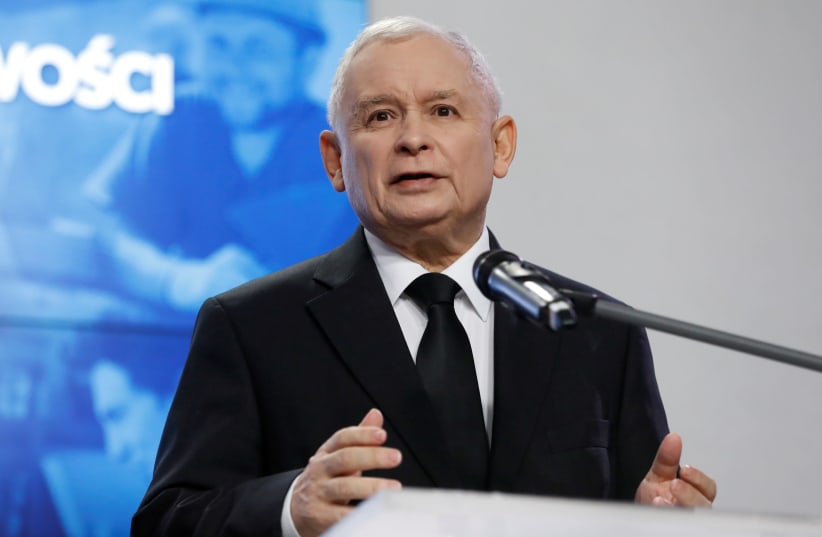WARSAW - When activists from eastern Poland traveled to Warsaw to join a far-right march, the local mayor from the ruling Law and Justice party (PiS) paid for some of their travel.
The march caught the attention of the world's media because some of the 60,000 participants carried banners bearing racist, xenophobic and antisemitic slogans such as "pure blood, clear mind" and "Europe will be white or uninhabited".
Stalowa Wola's PiS mayor, Lucjusz Nadberezny, does "not regret the decision to support the trip". His office said in a statement the November Independence Day march was a "safe and joyous manifestation of patriotism" and that people from his town did not participate in any "provocations".
A resurgence of far-right sentiment poses a dilemma for the PiS - a socially conservative group with a nationalist agenda.
Far-right voters are a threat and an opportunity. The party tapped into frustration with western liberal values, when it won the 2015 election with the biggest majority by any party since the end of communism.
In other European states where anti-establishment right-wing slogans are also increasingly resonant, several far-right groups have got a foothold in power.
But in Poland they have had little success, or desire, to compete for office. This is in large part because the PiS has tailored its message across the spectrum of right-wing voters.
The activists from Stalowa Wola said they were going to Warsaw to express their opposition to "an invasion of immigrants and atheism in Europe".
While several PiS officials said any racist slogans were few and unrepresentative, they also praised the march. Foreign Minister Witold Waszczykowski said afterwards it fueled "patriotic behavior of Poles" and any displays of xenophobia were "incidents" that were "of course, reprehensible."
His comments were a typical PiS mix of patriotism with a general condemnation of racism and antisemitism.
Jaroslaw Kaczynski, the powerful leader of the PiS who has no formal position in government, said in 2015 that Middle East migrants could bring parasites and diseases to Poland.
But he also said that the racist banners at the march were "disgraceful rubbish" and that the "Polish tradition" has nothing to do with racism or antisemitism.
